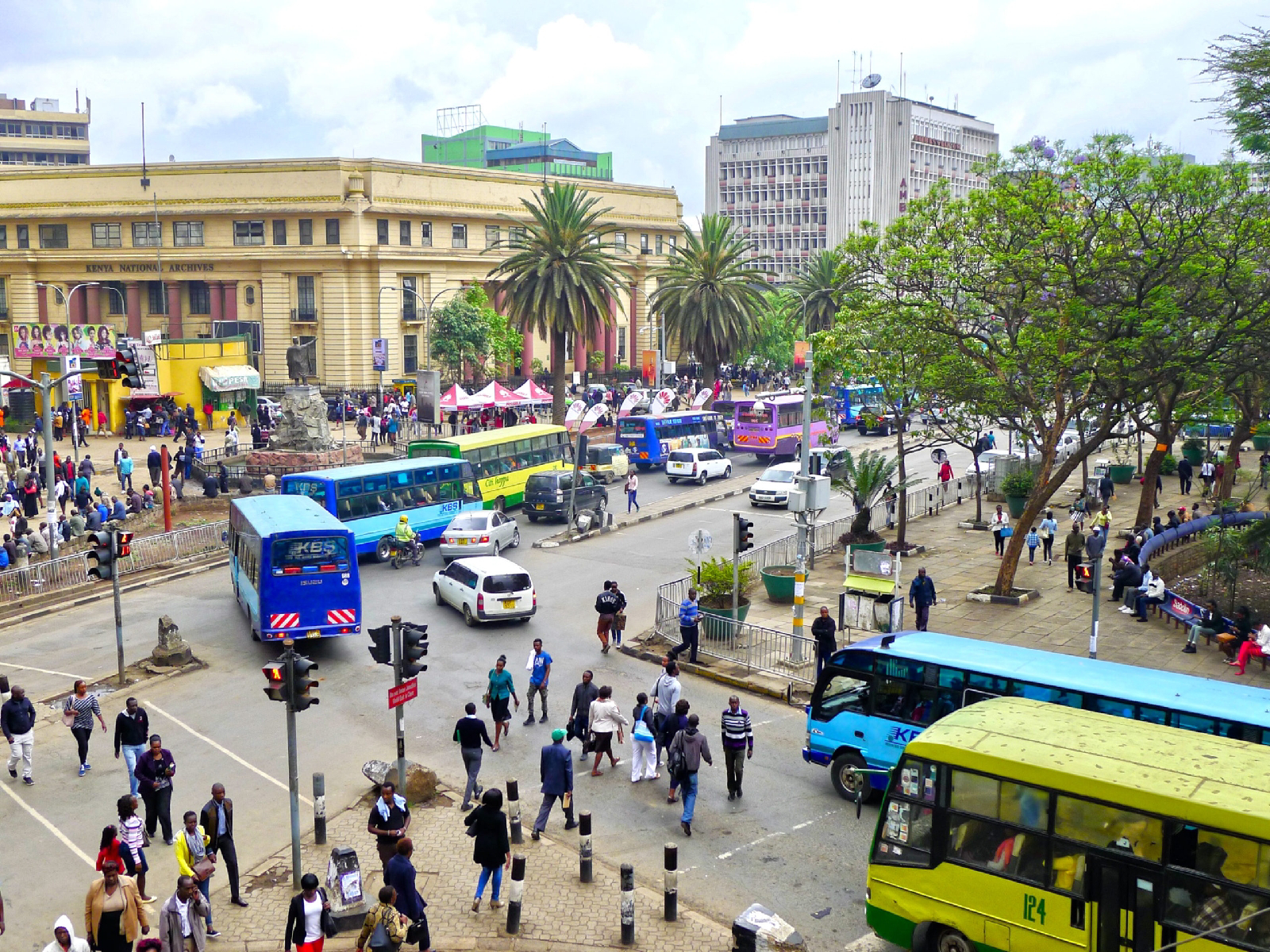Kongamano la Mapinduzi Condemns Government's Handling of Economic and Political Issues in Kenya
By Jane
Kongamano la Mapinduzi has voiced serious concerns over Kenya's worsening political and economic situation, warning that the nation is facing severe challenges.
In June 2024, Kenyans took to the streets to protest the Finance Bill 2024, a proposal that sought to impose heavy taxes on essential goods like maize flour, cooking oil, and menstrual health products. These demonstrations, driven by widespread discontent, forced the government to withdraw the controversial bill. However, since then, the Kenya Kwanza administration has quietly reintroduced elements of the same bill, further burdening citizens already struggling with high living costs.
The situation is compounded by economic mismanagement, corruption, and wasteful spending. Instead of investing in critical social services such as healthcare and education, the government has channeled funds into questionable projects. One notable example is the allocation of 10 billion shillings to support Raila Odinga's campaign for the African Union Chair—without public consultation or approval.
Parliament, instead of holding the executive accountable, has largely become a compliant extension of it. It has passed several controversial laws, including the 2024 Land Amendment Bill, the Seed and Plant Act—which restricts farmers' ability to share seeds—and the Assembly and Demonstration Bill, which seeks to limit public dissent.
In a further blow to public welfare, the government replaced the National Health Insurance Fund (NHIF) with the new Social Health Insurance Fund (SHIF). Instead of expanding access to quality healthcare, SHIF has excluded millions of Kenyans from critical services like dialysis and surgery, which were previously covered. Critics argue that this shift primarily benefits the wealthy, particularly those with interests in the insurance industry.
The year 2024 has also seen a disturbing increase in abductions and enforced disappearances, especially in the wake of nationwide protests. Allegations point to unmarked vehicles, suspected to be linked to the National Intelligence Service (NIS), operating under orders from the State House. Many fear that these actions mark a return to the days of unchecked state repression seen in the 1980s and 1990s.
A shocking incident occurred on July 12, 2024, when bodies were discovered dumped in a quarry near Kware Police Station in the Mukuru slums. The Mukuru Community Justice Center's recent report, "#KwareTheAftermath," highlights systemic failures at multiple levels—from government agencies to local religious institutions—in providing support to the victims' families. The report also noted an alarming rise in femicide, with 97 documented cases in just three months.
Meanwhile, political leaders have come together to form a 'broad-based' government, prioritizing their personal and political interests over those of ordinary Kenyans. Instead of addressing the economic and social hardships facing the country, they have focused on internal power struggles and tribal divisions, threatening to undo the unity demonstrated during the June protests, which were largely free of ethnic affiliations. The current leadership, Kongamano la Mapinduzi argues, remains a significant barrier to national progress.
Kongamano la Mapinduzi urges Kenyans to recognize that true change will only come from their collective efforts. It calls for citizens to hold the government accountable, advocate for justice, and support progressive movements dedicated to the betterment of the nation.
The organization also points out that the current parliament has failed in its duty to represent the people, having become merely a rubber stamp for executive decisions. Furthermore, it highlights the unconstitutional nature of the assembly, which does not meet the Constitution's two-thirds gender requirement. Kongamano la Mapinduzi stresses the need for Kenyans to rethink their political representation and push for the dissolution of the national assembly to restore genuine accountability and democracy.




Comments
Post a Comment